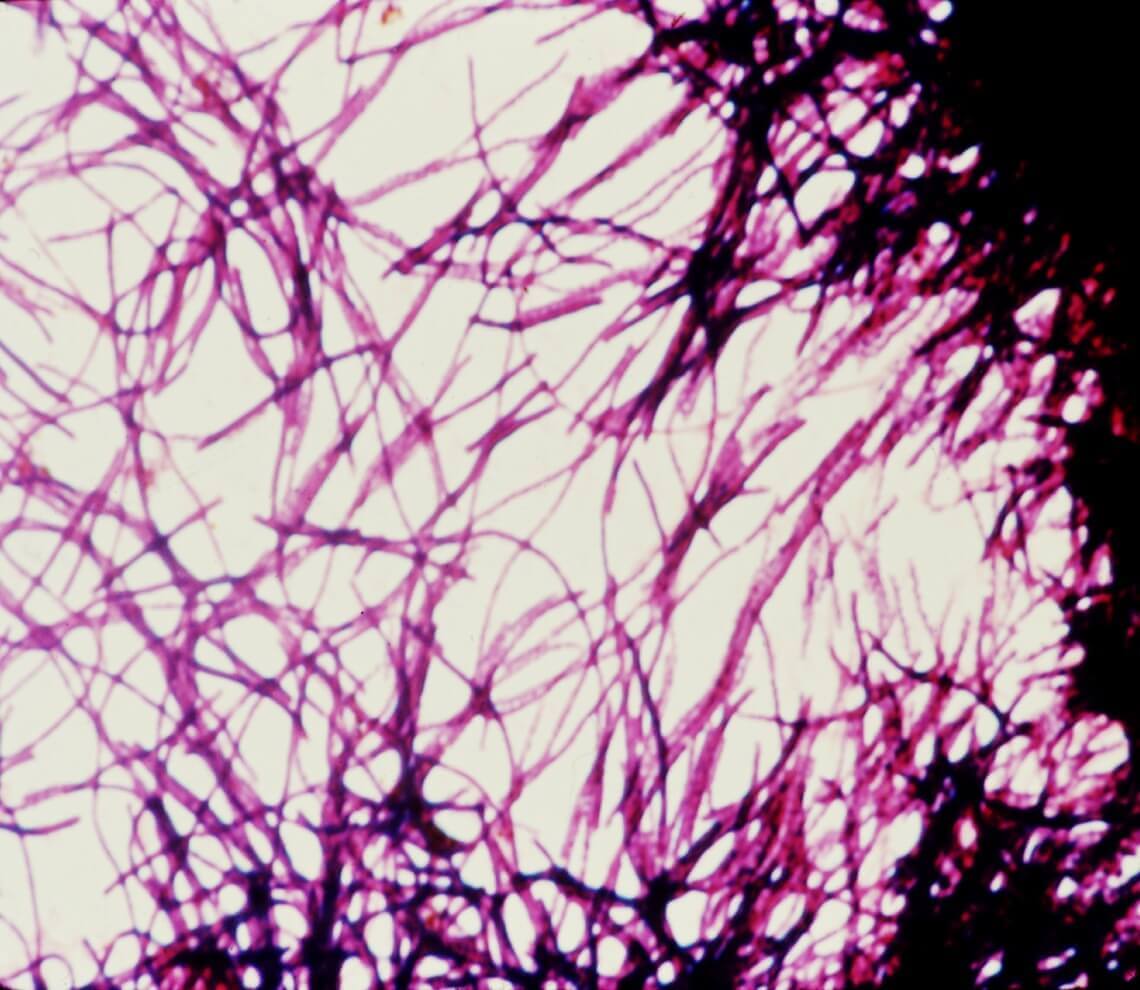- Our Suppliers
- MBS Monoclonals
- Mouse Anti-Fibronectin Antibody
Product short description
Price:
343 EUR
Size:
1 mililiter
Catalog no.:
GEN570204
Product detailed description
Purification method
N/A
Concentration
N/A
Immunoglobulin isotype
IgG1
Clone
EP-5
French translation
anticorps
Category
Antibodies
Clonality
Monoclonal
Also known as
Fibronectin
Latin name
Mus musculus
Host organism
Mouse (Mus musculus)
Subcategory
Mnoclonal antibodies
Other gene names
fn1; fn1; fibronectin; FN
Gene name synonims
fn1; fn1; fibronectin; FN
Gene name
fn1; fn1; fibronectin; FN
Tested applications:
Immunohistochemistry (IHC) (frozen)
Other names
fibronectin; Fibronectin; fibronectin; FN; gene C; fibronectin 1
Form/Appearance
Each vial contains 1ml of culture supernatant of monoclonal antibody containing 0.09% sodium azide.
Storage and shipping
Store the antibody at +4 degrees Celsius., or in small aliquots the antibody should be stored at -20 degrees Celsius..
Properties
If you buy Antibodies supplied by MBS Monoclonals they should be stored frozen at - 24°C for long term storage and for short term at + 5°C.
Description
This antibody needs to be stored at + 4°C in a fridge short term in a concentrated dilution. Freeze thaw will destroy a percentage in every cycle and should be avoided.
Species reactivity
Human (Homo sapiens), Mouse (Mus musculus); Due to limited knowledge and inability for testing each and every species, the reactivity of the antibody may extend to other species which are not listed hereby.
Test
Mouse or mice from the Mus musculus species are used for production of mouse monoclonal antibodies or mabs and as research model for humans in your lab. Mouse are mature after 40 days for females and 55 days for males. The female mice are pregnant only 20 days and can give birth to 10 litters of 6-8 mice a year. Transgenic, knock-out, congenic and inbread strains are known for C57BL/6, A/J, BALB/c, SCID while the CD-1 is outbred as strain.
Specificity and cross-reactivity
EP-5 reacts with fibronectin in connective tissues and vessels. Animal biodistribution experiments have shown that after intravenous administRation, EP-5 antibody localizes to tumor vessels where it binds to the underlying basement membrane. At the same time the antigen recognized by EP-5 antibody is not accessible in normal tissue to circulating antibody indiCating that this antibody can be used to target tumor vessels specifically in vivo.; Since it is not possible to test each and every species our knowledge on the corss reactivity of the antibodies is limited. This particular antibody might cross react with speacies outside of the listed ones.
© Copyright 2016-Tech News . Design by: uiCookies

